Educational games section is a specific segment of the gaming industry that serve as interactive tools designed to facilitate learning in an engaging and enjoyable manner. With a combined use of computer hardware, software, and educational theory and practice to facilitate learning, educational games can be used by students and professionals as well since they combine the edtech elements of entertainment with educational content, aiming to enhance cognitive skills, reinforce development, knowledge retention, and problem-solving abilities. As John Dewey argued, games do not need to be specifically geared towards education to be educational tools. Games can bring together ways of knowing, ways of doing, ways of being, and ways of caring. Educational games cater to a wide range of ages, from simple sets for young children to complex ones designed for advanced builders and enthusiasts These include board, card, lego building blocks and video games.
The success of educational games owes to the active interaction being at the center of the experience. Experience with and affinity for games as learning tools is an increasingly universal characteristic among those entering higher education and the workforce. The use of collaborative game-based role-play for learning provides an opportunity for learners to apply acquired knowledge and to experiment and get feedback in the form of consequences or rewards.
A brief note about the history:
Considering the rich history of educational Games, it can be said they are a contemporary manifestation of centuries old theories and practices. Their history can be traced through various stages of human development. Some of the earliest educational games can be traced to ancient civilizations (before 2000 BC) such as Egypt and Mesopotamia. Several examples of how games have been used to educate princes, military officers and politicians. These early games often involved simple puzzles designed to teach strategy, and problem-solving skills. For example, using the ancient game of chess, noblemen of the Middle Ages learned strategies of war.
The early 19th century, came the creation of Kindergarten by Friedrich Fröbel, which was based on learning through play. Children delighted in his Fröbel Gifts, simple educational toys such as blocks, sewing kits, clay, and weaving materials.
Conclusion
We conclude that educational games have come a long way and today there is a wide range of options available for various age groups and subjects. Today, when the human race more than any time earlier is meeting the idea of homo ludens, it must be realistic to increase the use play and game-based learning as a way of mass individualization in modern mass education.

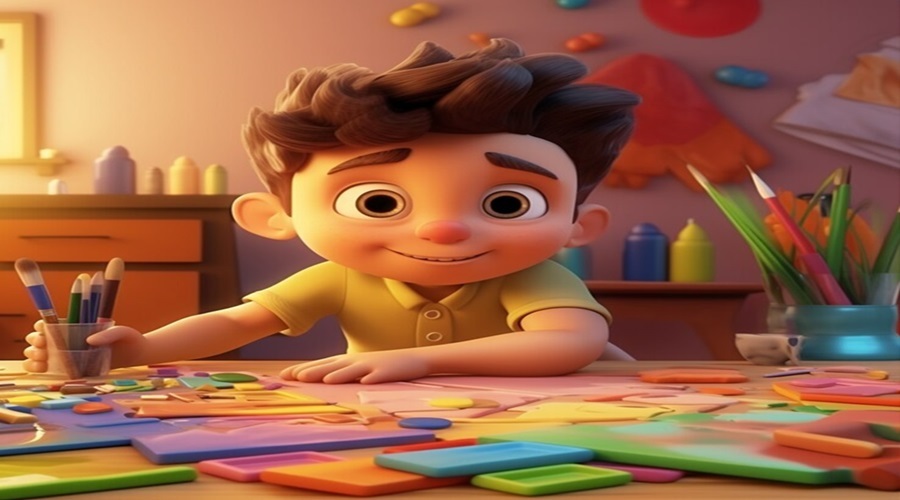
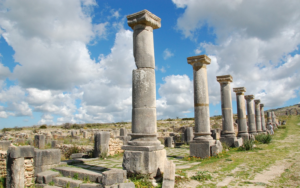
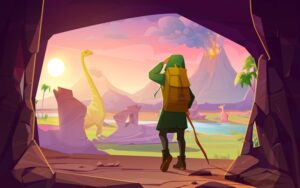



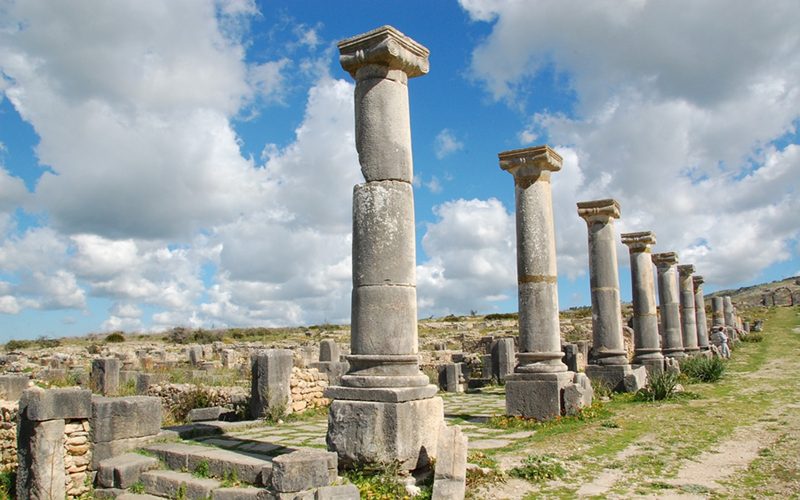


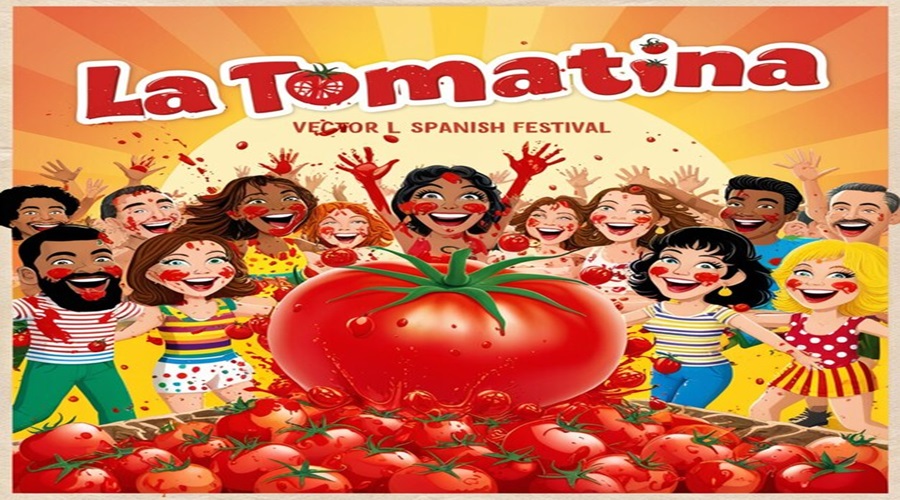

Average Rating